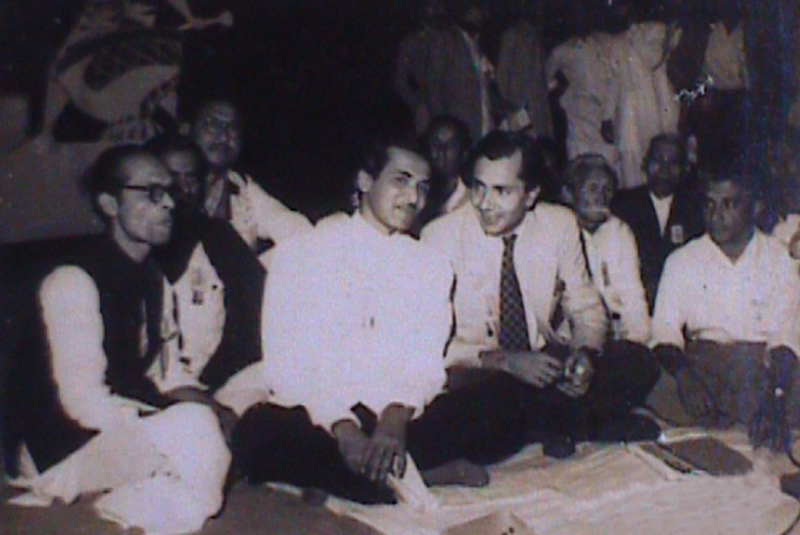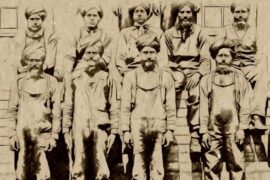If there is one artist who has truly defined Assamese popular music, it is Bhupen Hazarika. Nicknamed Sudhakantha (Melodious Voice), his songs have enthralled aficionados – across linguistic divides – for more than seventy years. A grateful nation bestowed on him several recognitions, including the Padma Shri and the Padma Vibhushan, besides the Dadasaheb Phalke Award for outstanding contribution to Indian cinema in 1992.
The recent announcement conferring on him the nation’s highest civilian honour, Bharat Ratna, posthumously, however, has raised uncomfortable questions, with his son Tej Hazarika slamming the decision. His criticism of the government’s decision was in protest against the Citizenship Amendment Bill that seeks to grant legal citizenship to people of six religions— Hinduism, Sikhism, Buddhism, Jainism, Zoroastrianism and Christianity— from Afghanistan, Bangladesh or Pakistan. The Bill has been embroiled in controversy with many organisations in Assam remonstrating against its communal overtones and the legitimacy that it will bring to illegal migration.
Tej Hazarika has argued that the Bill is against the documented views of the music maestro on the subject and derided the Central government for catering to “cheap thrills” in recognising his father at a critical time.
So, what is the legacy of Bhupen Hazarika? What did this true ‘son of the soil’ try to convey through his songs?
Copyright©Madras Courier, All Rights Reserved. You may share using our article tools. Please don't cut articles from madrascourier.com and redistribute by email, post to the web, mobile phone or social media.Please send in your feed back and comments to [email protected]











